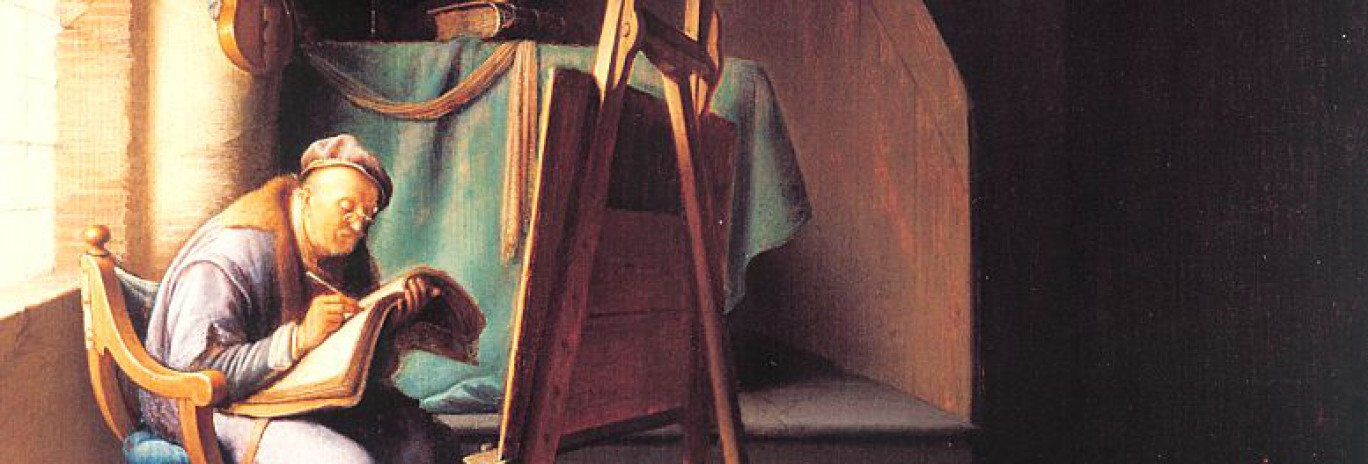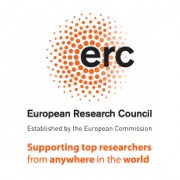Events
Paper by Thijs Hagendijk and Tonny Beentjes at the ‘Learning by the Book’ conference, Princeton University, June 6-10.
Tonny Beentjes and Thijs Hagendijk will present their paper ‘Re-enactment of functional reading in eighteenth century gold- and silversmithing’ at the conference Learning by the Book: Manuals and Handbooks in the History of Knowledge, June 6-10, 2018, Princeton University. Conveners: Angela Creager (Princeton University), Mathias Grote (Humboldt University Berlin), Elaine Leong (MPI for the History of Science, Berlin), Kerstin von der Krone (GHI Washington)
Often overlooked, handbooks, protocols, and manuals are key tools in the making, preserving, and sharing of knowledge. Across editorial offices, artisanal workshops, religious schools, culinary institutes, and biomedical laboratories, instructional and reference texts codify the knowledge of a working community, with an eye to communicating what a new practitioner needs to know. This conference will address how handbooks, protocols, manuals, catalogues and related instructional or reference media have contributed to the standardization, codification, transmission, and revision of knowledge in diverse fields. How are practices and protocols written down, distributed or preserved, and how are objects or processes named, registered or classified? What kind of credit accompanies the development or compilation of methods or reference literature? When and why do certain books become commercially successful or canonical, and others obsolete? How does their circulation relate to the commodification of required materials, or to more informal forms of exchange? Possible fields and sites of scrutiny will range from the alchemical workshop to the 20th century laboratory, or from the maintenance of technologies to medical diagnosis, language acquisition, government regulation, natural history writing or museum inventories, but is by no means restricted to these examples.
Supported by German Historical Institute, Washington, D.C. and Princeton University (the Center for Collaborative History, the International Fund, and the David A. Gardner ’69 Magic Project in the Humanities Council.


